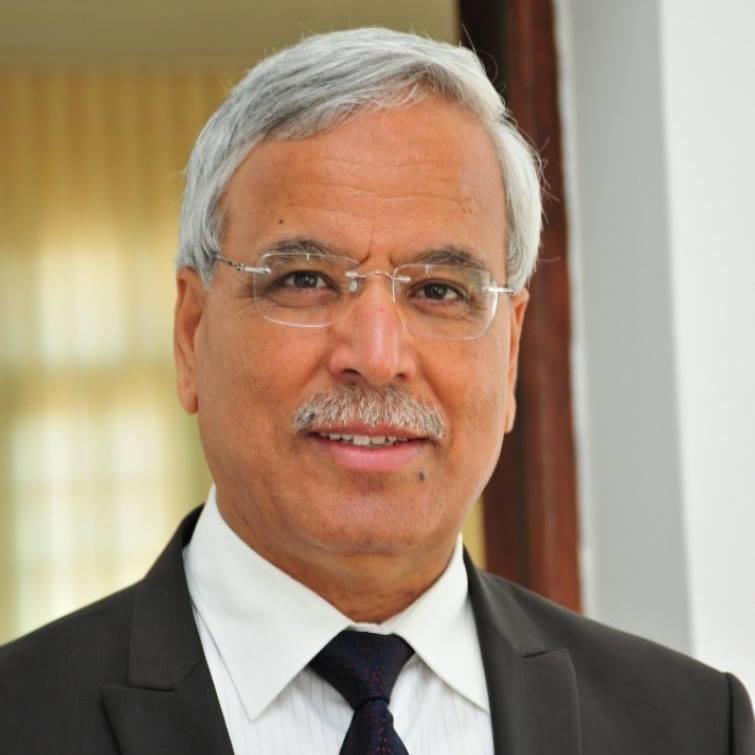Globethics inaugurated the Middle East and North Africa (MENA) Centre in Tunis, Tunisia in June 2023. The MENA Centre is headed by Regional Consul Kamel Ayadi, who has served the organisation as a National Contact for Tunisia and the surrounding region for over 13 years prior to the Centre's launch.
Kamel Ayadi is an international consultant and civil society activist in the fields of anti-corruption, ethics, governance, corporate social responsibility, and social accountability. He has served in a number of high-level positions, including Minister of Public Service, Governance, and Anti-corruption; Chair of the Authority on Financial and Administrative Control; Secretary of State; Senator; and Chair of the Regulatory Authority of Telecommunication.

null Fostering ethical leadership: A catalyst for positive change in the MENA region

On 12 June 2023, Globethics launched its new Middle East and North Africa (MENA) Centre in Tunis. This launch encompassed a diverse range of activities, consisting of three main components: an international colloquium titled "Artificial Intelligence: Ethical Challenges and Social Impacts"; the formalisation of partnership agreements with six public and private universities, and the official inauguration of the Globethics regional office.
The colloquium presented a unique platform to delve into artificial intelligence's ethical and social implications. The discussions were illuminating, providing participants with an alternative perspective to the predominant public discourse, which often emphasises the potential and advantages of these technologies.
This event raised great expectations among academics, professionals, and civil society activists. MENA countries are in dire need of ethical leadership to address the various challenges they face. Corruption, lack of accountability and transparency, gender inequality, social justice, civil society engagement, and political participation are just some of these challenges.
Despite political announcements at the highest levels and government commitment to addressing corruption, this phenomenon continues to be a critical issue that fosters public distrust and hinders social and economic development.
Political instability and public participation are critical in the MENA region. Most countries score poorly on almost all measures used to assess transparency, good governance, democracy, and freedoms. Ethical leadership is crucial in the political and social arena because governments cannot ignore people's legitimate aspirations for freedom and democracy. Recent experiences have shown that political frustration, coupled with corruption and social inequality, automatically leads to instability.
With some exceptions, where women and civil society tend to assert themselves as important actors in society, the potential of social forces for socioeconomic development remains untapped in most MENA countries due to gender inequality and modest civil society participation in public affairs.
What role can the Globethics MENA Centre play in this challenging environment? What are the best approaches to address these challenges and contribute to positive change and societal transformations?
The most common and effective way to drive long-term and transformative change would be to empower local actors to bring about a change in culture and mindset. Universities can play an important role in providing a vision and ethical background to the leaders of the future. Until now, the role of universities has been limited to providing the public and private sectors with talented individuals capable of driving economic growth but not sufficiently equipped with leadership skills and ethical vision able to bring about profound societal transformation.
Globethics can help promote a new culture of social inclusivity and responsibility. The MENA Centre will primarily engage with universities, in addition to the public, private, and civil society sectors, and collaborate with them to achieve this objective.
Kamel Ayadi
Globethics MENA Regional Consul

Regional Consul